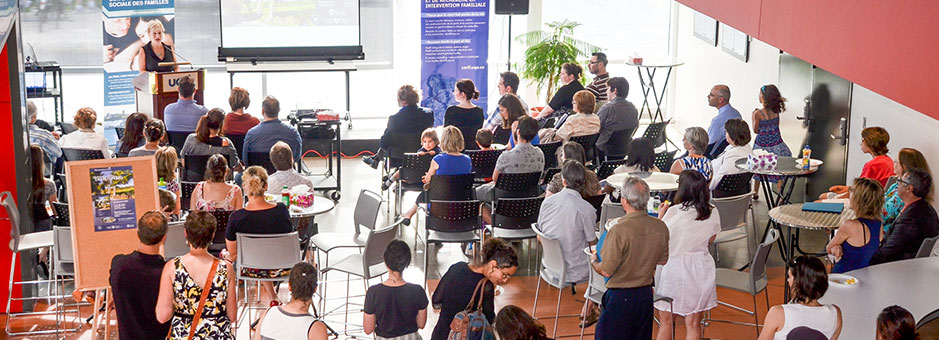Résumé/Abstract
Objective
To characterize the diagnostic and therapeutic journey of families of people with rare diseases within the network of Brazilian public services.
This was a qualitative research project. The bio-ecological theory of human development, by Urie Bronfenbrenner, was used to understand the data. The research instrument was a semi-structured interview, and data were analyzed using the content analysis method.
Three central themes were grouped: “Journey of families in search of a diagnosis”; “Journey of families after the diagnosis of the disease”; “Journey of therapeutic maintenance”.
The access to specialized services enabled diagnosing of the rare disease. The treatment was a challenge, because there were few drugs available within the therapeutic options for these diseases. Legal recourse was essential for therapeutic access and maintenance.
Key words: Public health nursing; Pediatric nursing; Maternal-child nursing; Rare diseases; Health services




